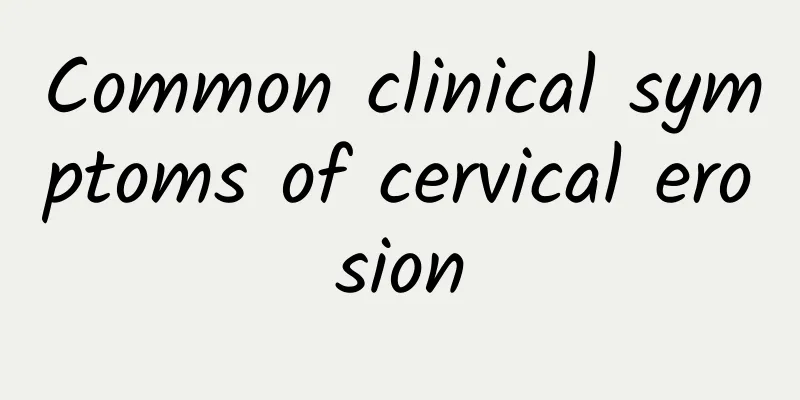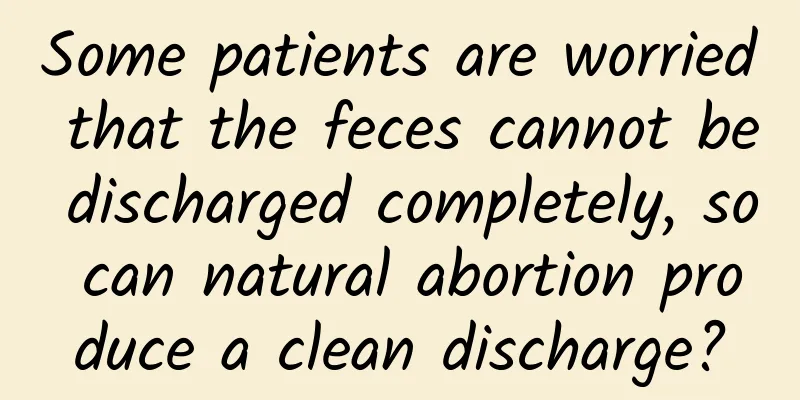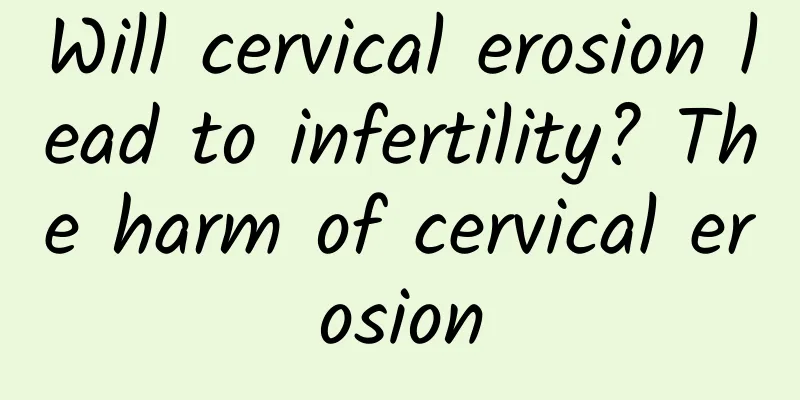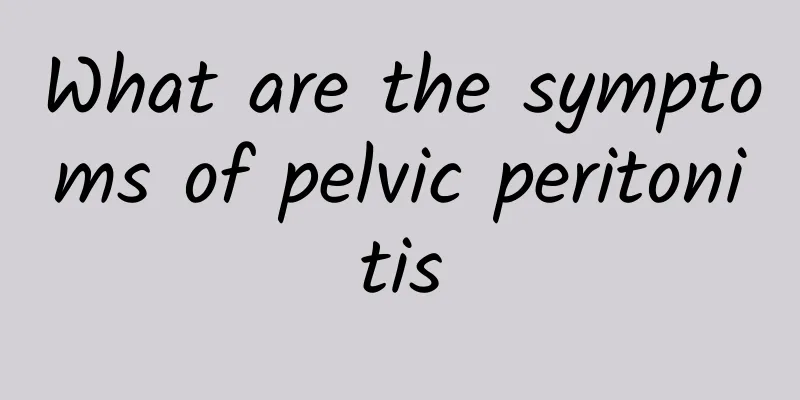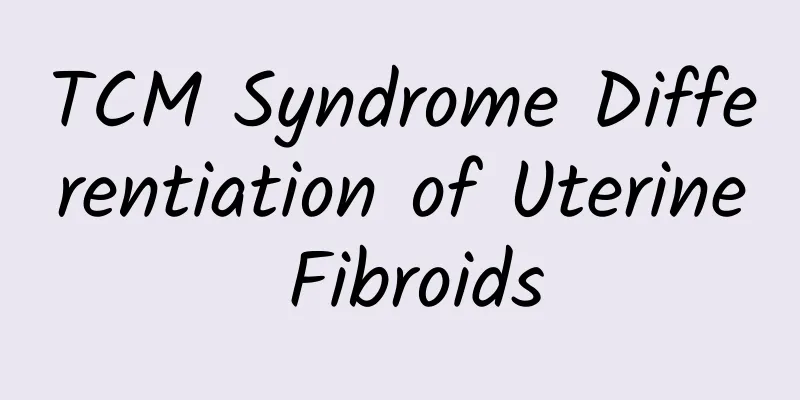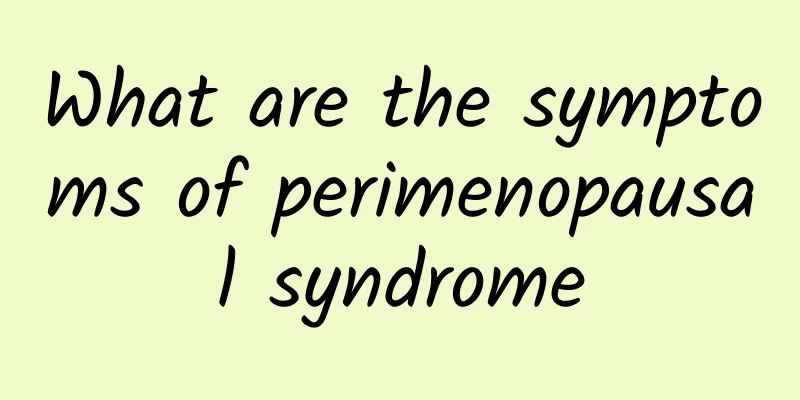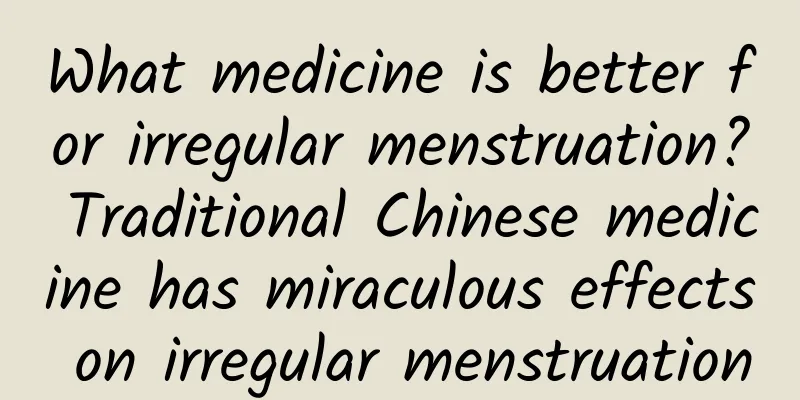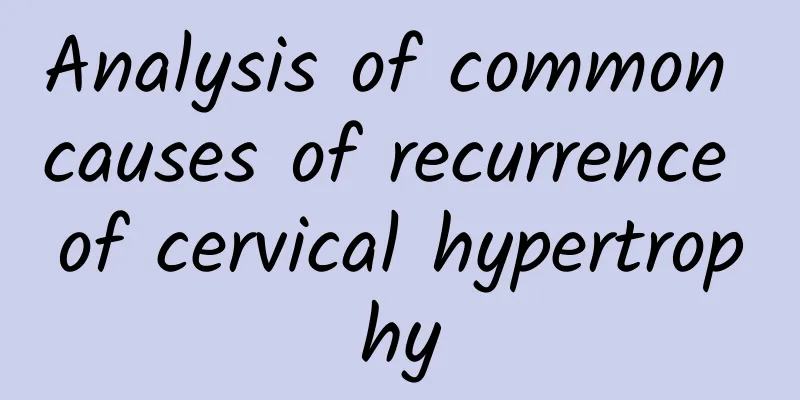What should I do if I have irregular menstruation?

|
It depends on the specific cause of irregular menstruation. The principle of treatment is to stop bleeding and correct anemia during the bleeding period, adjust the cycle after the bleeding stops to prevent endometrial hyperplasia and recurrence of AUB, and promote ovulation for those who want to have children. For adolescent girls, the main treatment is to stop bleeding and adjust the menstrual cycle; for women in the reproductive period, the main treatment is to stop bleeding, adjust the menstrual cycle and promote ovulation; for women in the menopausal transition period, the main treatment is to stop bleeding, adjust the menstrual cycle, reduce menstrual volume, and prevent endometrial cancer. Commonly used sex hormone drugs are used to stop bleeding and adjust the menstrual cycle. Coagulation-promoting and antifibrinolytic drugs can be used to promote hemostasis during the bleeding period. Surgical treatment is required if necessary. Hemostatic hormones are the drugs of choice. The lowest effective dose should be used as much as possible. When a large amount of medicine is needed to stop bleeding as quickly as possible, the dose should be adjusted promptly and reasonably. The treatment process should be closely observed to avoid iatrogenic bleeding caused by improper use of sex hormones. Adjusting the cycle For patients with AUB-0, stopping bleeding is only the first step in treatment. Almost all patients need to adjust the cycle. Adjusting the menstrual cycle is the basis of treatment and the key to consolidating the therapeutic effect and avoiding recurrence. The method of adjusting the cycle varies according to the patient's age, hormone level, fertility requirements, etc. Ovulation induction is used for those who are in the reproductive period and have fertility needs, especially infertile patients. Adolescent patients should not use ovulation induction drugs to control the menstrual cycle. Surgical treatment is suitable for patients who are not responsive to drug treatment, are unwilling or unsuitable for hysterectomy, and have no fertility requirements but are treated with drugs. Especially for older patients who are difficult to follow up, surgical treatment should be considered. If the diagnosis of precancerous lesions or cancer is made by curettage, it should be treated according to the relevant diseases. This includes diagnostic curettage, hysteroscopy, and hysterectomy when necessary. |
>>: What is pelvic inflammatory disease?
Recommend
Beware! Amenorrhea may be caused by ectopic pregnancy
Nowadays, ectopic pregnancy seriously affects wom...
How to eat to avoid sarcopenia? Nutritionist: Take four doses to supplement vitamin D and high-quality protein
In recent years, Taiwan's aging trend due to ...
Treatment of uterine fibroids Is the high-risk group for uterine fibroids around 50 years old?
Uterine fibroids should be discovered in time, ot...
What medicine should elderly people take for uterine fibroids? What are the symptoms of uterine fibroids in the elderly?
What medicine should elderly people take for uter...
What are the causes of adnexitis?
Adnexitis refers to inflammation of the fallopian...
What is the specific cause of cervical erosion?
Analyzing and understanding the causes of cervica...
Can eating vegetables to increase satiety help you lose weight without becoming obese? Dr. Liu Boen: Three hidden obesity mines
When thinking of good foods for weight loss, some...
How can women prevent adnexitis in their daily life?
Female adnexitis is a comprehensive concept of di...
What should I do if I don’t have my period for a long time?
What should I do if I don’t have my period for a ...
What are the specific symptoms of cervical erosion?
Almost every woman has cervical erosion, but the ...
Pay attention to 3 aspects of nursing care for patients with ectopic pregnancy after surgery
In recent years, the incidence of ectopic pregnan...
Find the fault with fat! 6 Teas to Help You Lose Weight
Most teas can promote digestion and increase gast...
Is uterine fibroid biopsy malignant?
Is uterine fibroid biopsy malignant? 1. Uterine f...
What examinations should women do before electrotherapy for cervical erosion? Four examinations should women do before electrotherapy for cervical erosion
Cervical erosion is a relatively common gynecolog...
What are the dangers of early cervical precancerous lesions?
In daily life, gynecological diseases are widespr...
